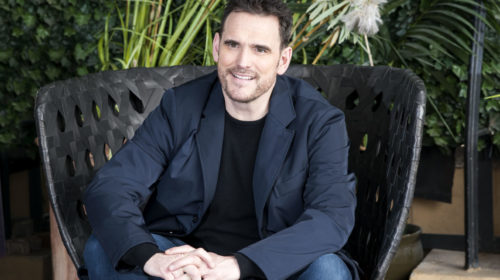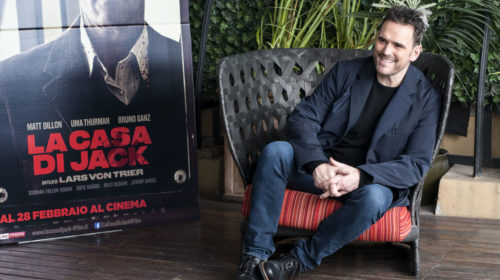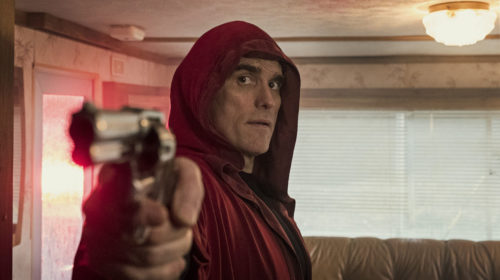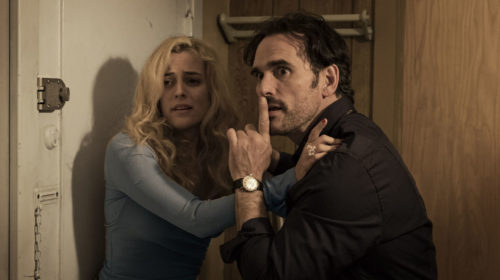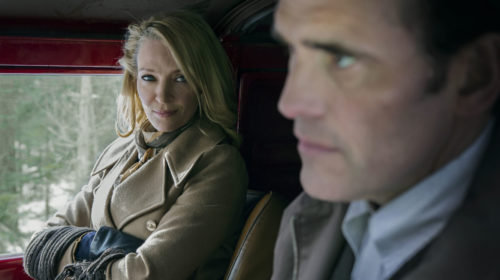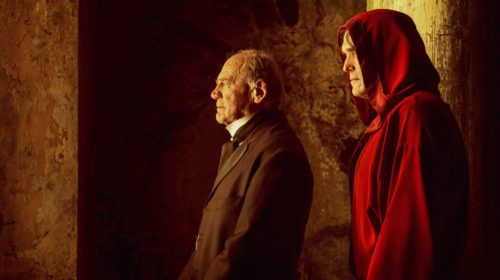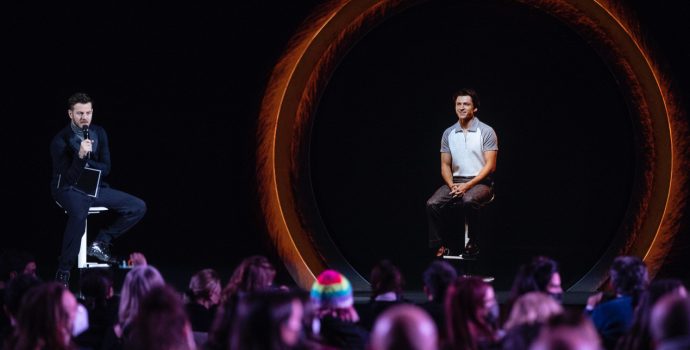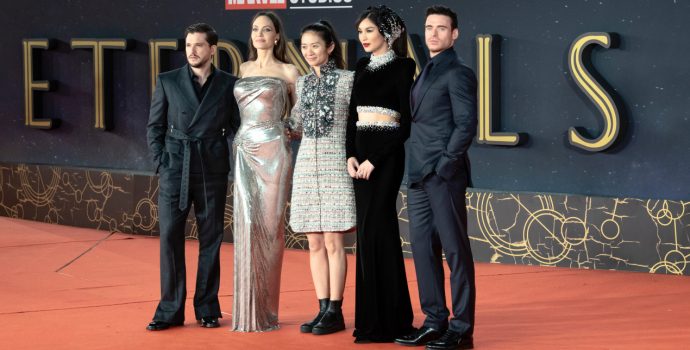The american actor talks new Lars von Trier film: «I did have doubts about accepting this role.»
The House That Jack Built premiered at Cannes Festival in May 2018 and, during the screening, many viewers left the theater, shocked by the violent content of the film.
Lars von Trier’s new work is for sure a wild ride to hell, with disturbing and horrific elements, but it’s also a great psychological thriller, deeply rooted in art and philosophy. The film debuted in the United States in November 2018 and hits italian theaters on February 28, 2019.
American actor Matt Dillon stars as Jack, a serial killer with wicked artistic inclinations: the story follows the man over the course of twelve years, examining the murders which led him to unmask his real nature. Throughout the film, Jack discusses philosophy and his view of the world with Verge, an imaginary character inspired by Virgil from Dante Alighieri’s Divine Comedy. Verge is played by swiss actor Bruno Ganz, who died on February 15, at the age of 77. The film also stars Uma Thurman and Riley Keough.
Matt Dillon presented the film, in Rome, yesterday: in a one-hour long conversation, Dillon answered questions about his character and his experience with the danish director of Dancing in the Dark and Melancholia.
How would you describe The House That Jack Built? Is it more the story of a serial killer or the story of a self-destructive man who has violent relationships with women?
«I feel like that’s a different sort of human nature than this character in the film: Jack is a psychopath, he’s somebody who lacks any empathy. I mean, crimes of passion are equally disturbing and it’s very tragic when these things happen, but it’s a different sort of phenomenon. As much as it is a film about a serial killer, The House that Jack Built is also a film about a failed artist and the reason I think he’s a failed artist is because he lacks empathy.»
Who is Jack?
«Jack is many things, he’s many types of people: he creates these personas as he progresses through the film because there’s no center, no core.»
Did you have any doubts before accepting the role?
«I did have doubts about accepting it because it’s not a subject that is very interesting to me personally, but that’s not why my doubts were: I thought it was one the most interesting scripts I’ve ever read, but really after I accepted to work with Lars, I said “I can’t do this film”. I was judging this character naturally. There’s was a fear that I would reject to see myself playing Jack. Fortunately, I felt that the film succeded at being the film it wanted to be and therefore, when I saw it, I was like “That’s not me”. The film was interesting and it worked in a way I could accept my performance.»
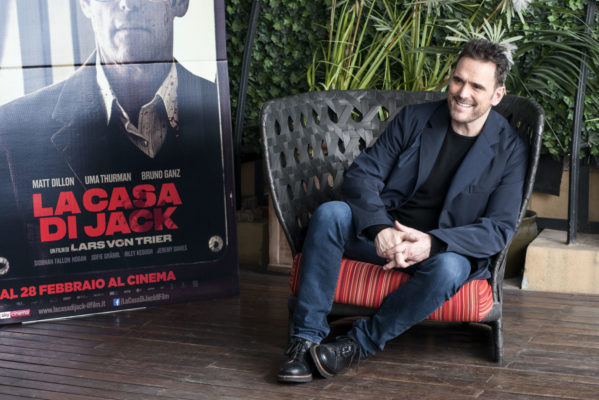
Could you tell us something about your experience, as an actor, with Lars von Trier?
«I accepted the role because of the director: I really liked Lars when we met and I think he’s been very good in his films with the actors. He told me that he takes responsibility for his films and I said “Well, that’s good because you’re going to have to take responsibility for this!”. I watched ‘The House That Jack Built’ with him because he really wanted me to see it with him and, even if I’m not a dark person, I really liked it. When I told Lars, he was shocked: he doesn’t feel comfortable when everybody likes what he does. That’s the way he is!»
Bruno Ganz passed away some days ago: how was to work with him?
«I feel really sad about his passing and I feel very lucky that I had the experience to work with a great actor. I became a fan of his when I was very young: I was 17 years old when I saw him in a film where he played a chess player who goes mad and immediately he became one of my favorite actors. I was so happy to do this with him and a lot of the film is really an off-camera conversation between Jack and Verge, so we worked together in that way. I really liked Bruno, we really connected in this film because we knew we were doing something very risky.»


